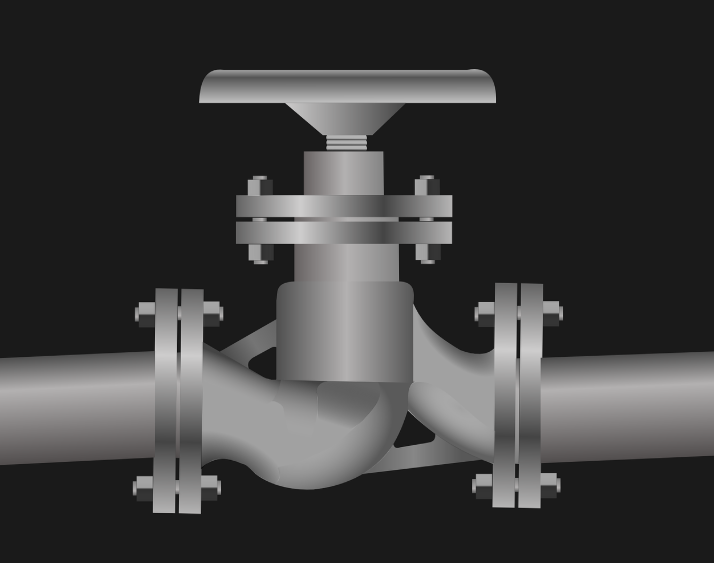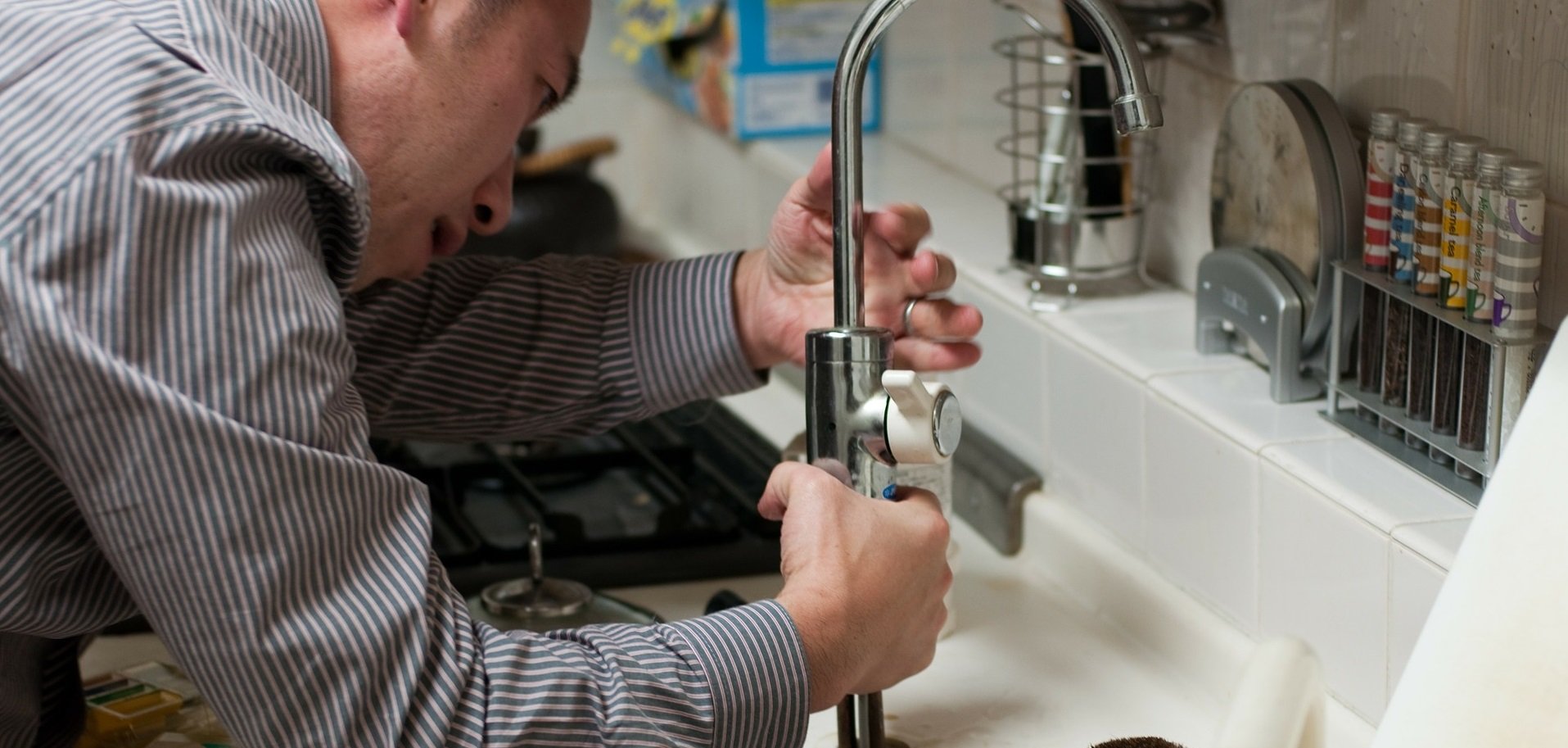 People try to justify the noise that plumbing makes in their homes. “It adds character”, “Old homes got old bones” and other sayings make light of rattles, banging, hammering, and squeaking pipes. In truth, there is no reason that you should have to put up with these odd sounds coming from your plumbing. These sounds may seem harmless, but noisy pipes can indicate a problem that could cause problems if it is ignored. Professional plumbers review the most common causes and remedies for noisy pipes.
People try to justify the noise that plumbing makes in their homes. “It adds character”, “Old homes got old bones” and other sayings make light of rattles, banging, hammering, and squeaking pipes. In truth, there is no reason that you should have to put up with these odd sounds coming from your plumbing. These sounds may seem harmless, but noisy pipes can indicate a problem that could cause problems if it is ignored. Professional plumbers review the most common causes and remedies for noisy pipes.
Banging noises are generally caused by loose or missing anchoring straps. Anchoring straps keep the plumbing pipes still, and they are generally installed every six to eight feet. Banging pipes should be secured with straps and possibly even cushioned with a rubber blanket. Some additional tips for anchoring include making sure that plastic pipes and anchors should have room for pipe expansion, avoid using galvanized straps on copper pipes and make sure that the pipes are anchored at proper intervals.
A common call for a plumber is to investigate squeaking pipes. Many home-owners do not know where to start looking for pipes that may be creating this noise. He points out that only hot water pipes will cause this type of sound. Hot water pipes expand and will move in the strap. This causes that high pitched squeaking that is heard when you turn on your hot water. The solutions to fix this problem are generally going to be the same as for banging pipes. You should check for loose or missing anchors and apply rubber cushioning where it may be needed.
Water hammering is a specific type of banging. It will occur when a faucet or other water fixture is shut off quickly. The hammering is created by the water flow coming to a slamming stop. Water hammering is usually more potentially damaging to fixtures and appliances. There are several potential causes. Loose pipes may be creating the noise and should be anchored. Air chambers are lengths of pipes that hold air. This air absorbs the shock of the water as it is shut off. These air chambers are located behind plumbing fixtures. If these chambers fill with water, the ability to cushion the impact is diminished or eliminated. Plumbers recommend shutting off the water main and turning on all the faucets. This will drain the system, including the air chambers, and should restore proper functioning. High pressure is also a cause of hammering. Water pressure in excess of 80 PSI may cause problems. This is easily fixed by installing a pressure-reducing valve.
In many cases, noisy pipes can be handled by the homeowner. Professional plumbers may need to be called in if you need to access pipes that are concealed in walls, floors or ceilings. Persistent noises that never seem to go away, or return quickly may indicate damage. In these cases, you should have your plumbing inspected by a professional.

